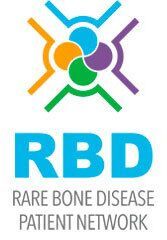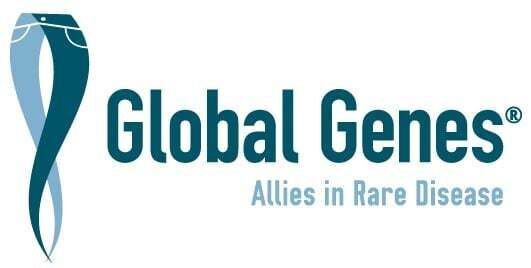
Grief is a journey, and for those who have lost a loved one to a CLA, it can be an especially complex and challenging path. While there is no handbook for grief, and no timeline for healing, there are insights and support that can help guide you through this difficult time.
The Gift of Time:
While time may not erase the pain of loss, it does soften its rawness. Be patient with yourself and allow time to help you find your new normal. Remember, there will be brighter days ahead.
One Day at a Time:
In the early days of grief, it's important to focus on taking things one day at a time. Avoid overwhelming yourself with big plans or decisions for the future. Simply focus on putting one foot in front of the other and moving forward, one step at a time.
There Are No Rules:
Grief is a deeply personal experience, and there are no set rules or timelines for how you should feel. Allow yourself to experience a wide range of emotions without judgment or expectation. Your grief journey is unique to you.
Safe Care Is Vital:
Taking care of yourself is crucial during this time. Find activities that bring you even the slightest bit of joy or relief, whether it's going for a walk, spending time with loved ones, or engaging in a favorite hobby. Remember to prioritize self-care to help you navigate the days ahead.
Keep Talking:
Don't bottle up your feelings. Talking about your emotions can be incredibly healing and can help you process your grief. Share memories of your loved one with trusted friends and family members, and allow yourself to stay connected to those around you.
Acceptance:
Acceptance looks different for everyone, and it's important to respect your own process as well as the processes of others around you. Give yourself the time and space you need to come to terms with your new reality.
Outside Perspective:
Sometimes, speaking to someone outside of your immediate circle can provide valuable perspective and support. Don't hesitate to reach out to a grief counselor or therapist if you feel overwhelmed or in need of additional guidance.
Seeking Support and Connection:
Connecting with others who have gone through similar experiences can provide invaluable support and understanding. Consider joining our online support groups or reaching out to local organizations specializing in grief.
Remembering Your Loved One:
Honoring your loved one’s memory is an important part of the grieving process. Create rituals or traditions that allow you to celebrate their life and the impact they had on you and your family.
Self-Care and Compassion:
Prioritize self-care and be gentle with yourself as you navigate this difficult time. Remember that grief doesn't follow a linear path, and it's okay to have good days and bad days.
Educate Others and Advocate:
Use your experience to raise awareness about CLAs and advocate for increased research and funding. Your advocacy can help improve understanding, diagnosis, and treatment for CLAs.
Remember, Healing is a Gradual Process:
There is no timeline for grief, and healing takes time. Surround yourself with understanding and compassionate people and allow yourself to mourn in your own way. Your loved one’s memory will always be a part of you, and finding ways to honor their legacy can bring comfort and healing.
Remember, you are not alone, and there are people who care about you during this difficult time.






